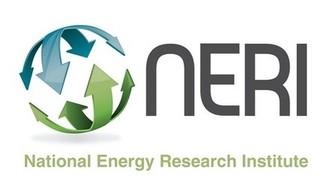Energy use in food
The New Zealand economy has been diversifying into lower energy use service activities. But food is one area that is important to the economy, has been growing rapidly, and where energy consumption has been increasing and with it exposure to fossil fuels.
New Zealand is one of the best producers of bulk food commodities in the world, but to maintain that position it depends on low cost inputs including energy. Preserving food can be very energy intensive (cooking, drying, refrigeration). But the Food value chain also consumes energy in the primary production stage and in local and international transport.
It will not be easy to adjust the commodity business model if currently cheap fossil fuels become more expensive because of GHG charges. This is particualrly so since the large scale production of animal protien is where our competitive advanatge lies (our land and climate is less competitive in large scale crops and horticulture).
But it isn't just the potential GHG charges. There is a more pressing potential risk for consumer goods like food that relies upon fossil fuels. Consumer sentiment could rapily turn away from them, reducing margins to current producers, but offering higher margins to those who use less energy or cleaner energy inputs. Because it directly effects revenue this risk will have much greater impact, sooner, than increases in GHG charges.
We need to manage these risks by developing these food markets and the products to suit. The large-scale food processors are managing that transition, but a potentially rapid shift in market sentiment may well be disruptive for many smaller producers and their supply chains. Slutions may require collective responses. New emerging food technologies could assist this transition by reducing the amount of energy required. Overall this is an area that warrants local medium-term research to help manage these challenges.
